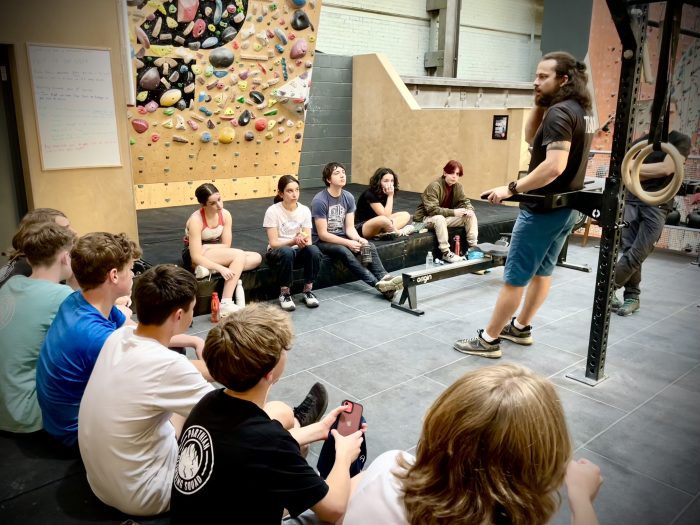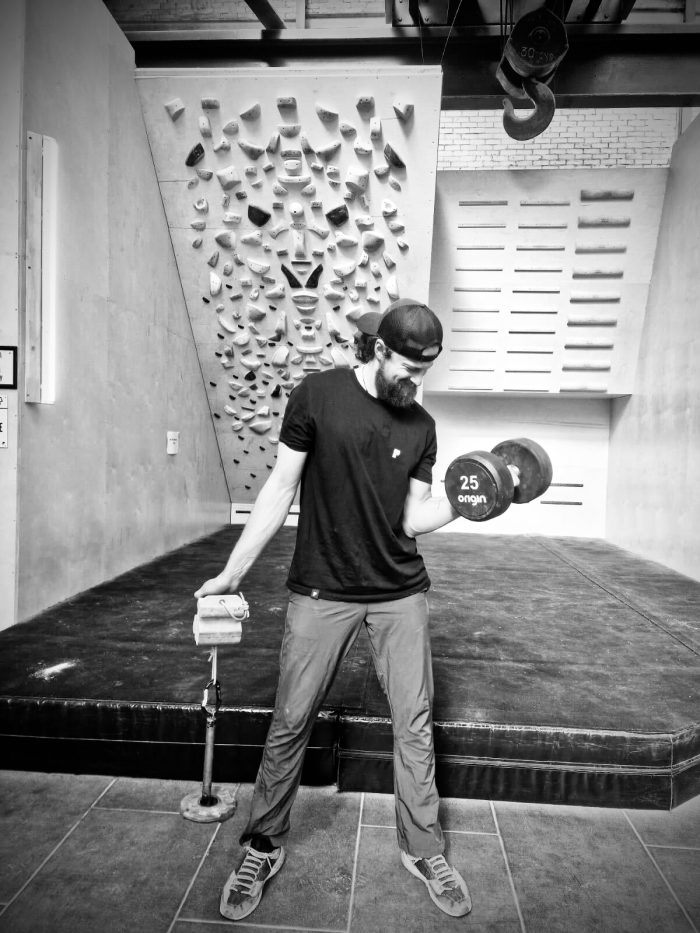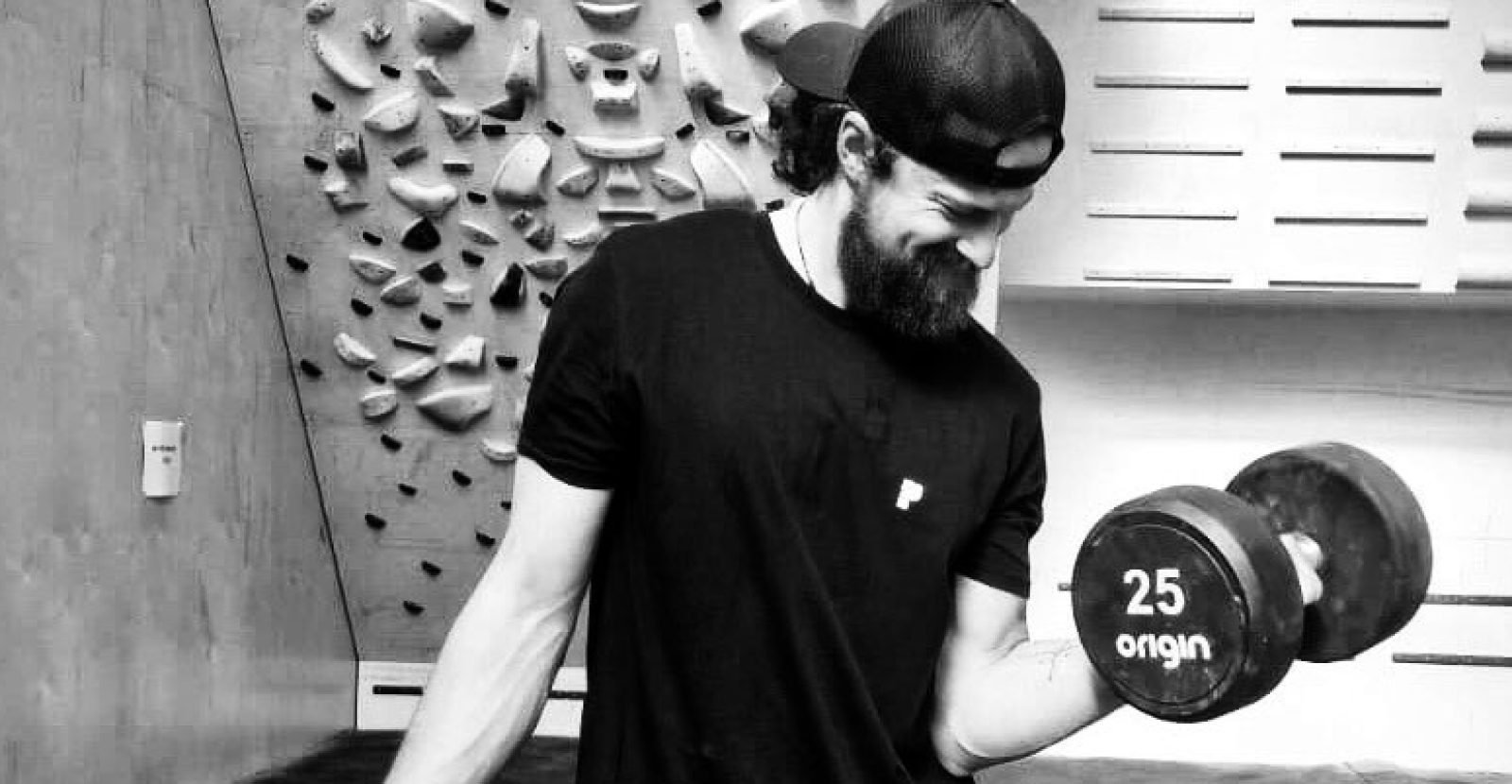Training for Climbing – by Parthian Fitness Manager – Matt Page
Training for climbing are the words that have developed quite the buzz in recent times and has certainly peaked now with companies like lattice and UKclimbing writing in-depth articles, and many podcasts (like TheTrainingBeta podcast) detailing how anyone can start training for any climbing related pursuit from indoor bouldering to hill walking and mountaineering.

Here’s my hot take: a lot of this information for climbers about strength and conditioning just isn’t that good.
Some of the information is just wrong, components of fitness are confused, and training principles are applied poorly. I have seen opinions that come across or are misconstrued as fact, such as suggesting climbers shouldn’t lift weights or should “earn the right to progress from bodyweight onto weights”. Exercise selection has been overcomplicated in some areas and training for other sports has started to be incorporated into climbing but sometimes inappropriately.
Is all the advice of off-the-wall training poor? Does it mean it should be avoided? Should a strongly worded E-mail be written? Obviously not. There are articles, podcasts and YouTube videos out there that have truly fantastic information in them. The difficulty lies in filtering the good from the bad and the ugly. Sometimes in the same article you have all three.
If I could give 5 tips that are lesser known / talked about, they would be as follows:
- Perfect your form of any exercise you wish to use during your training. You’ll be less likely to injure yourself and your training will be more effective. Take time to feel more confident in these movements and build reasonably slowly to hard working sets.
- Think more specifically about what you want to achieve from any training you do. From here its easier to find good information on how to go about it.
- I would say diversify your knowledge source. Look to different climbers, their coaches and even different more established sports for exercise selection, reps, sets and rests.
- Develop a strong understanding of your own body. Training involves pushing yourself, sometimes maximally over a short period of time. You need to know how and when you can push yourself but equally, when your body needs rest, don’t train a muscle if its sore and don’t feel too guilty to miss a session or have a full de-load week, as long as you truly feel you need it.
- Take some baseline measures and track everything you do. Both of these will help so much in tracking progress so you can see what gains you have made. Repeat these baseline tests exactly the same, every time you finish a block of training or around every 12 weeks. Tracking your working sets can help you see if you should go up in weight or potentially add a rep here or there.

Not sure where to start? Book your 1.5hr assessment session (£45) with me. In addition to a detailed report, you will have the option to add on an 8-week training plan (£65 on its own) for an amazing bundle price of just £99!
Want more support and a group setting for your training? Join the Winter S&C Course from 30/10/24. Designed as a 7-week course with a 2hr assessment session to start followed by 6 1.5hr training sessions in a low ratio group setting following your individualised training plan for just £175!
